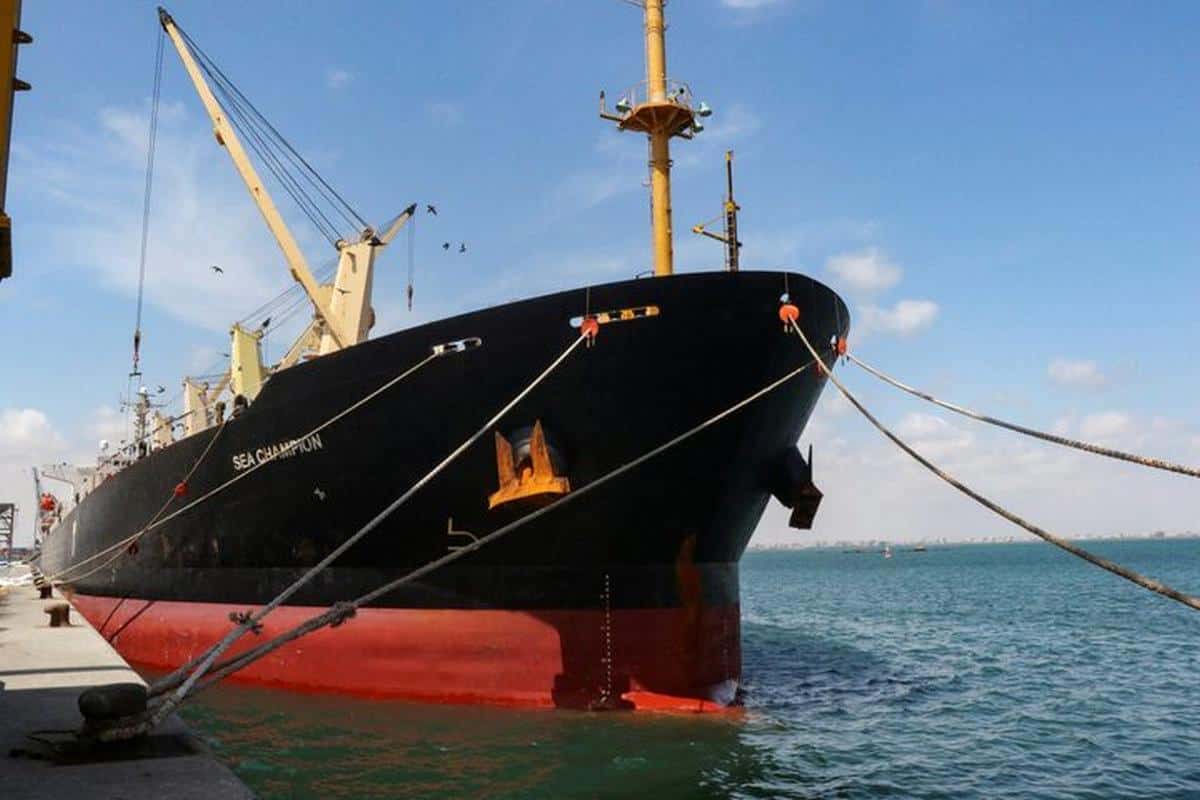Maritime incidents involving India and its seafarers rose
Maritime Incidents Surge: Urgent Safety Reforms Needed

In a concerning trend, incidents involving Indian seafarers and foreign vessels in Indian waters surged by 21.6% in 2024, totaling 186 reported cases. This alarming increase has prompted calls for enhanced safety measures within the maritime sector. The Directorate General (DG) of Shipping revealed that these incidents resulted in 83 fatalities and 61 injuries, underscoring the critical need for improved crew welfare and safety protocols.
Rising Incidents and Fatalities Demand Action
The DG Shipping’s Maritime Safety Investigation Report for 2024 highlights a troubling rise in marine casualties, particularly non-operational incidents. The report indicates that while the number of serious events involving Indian-flagged vessels and Indian seafarers has seen only a minor increase, the spike in non-operational incidents is significant. These incidents, which can occur both ashore and onboard, do not stem from navigational or operational failures but still pose serious risks to crew safety.
Director General Shyam Jagannathan emphasized the urgent need for stricter compliance with safety management systems and more thorough audits of vessel preparedness. He stated, “Timely reporting and preventive actions remain crucial to minimize risks and safeguard lives.” The report also noted that occupational casualties, which include injuries and fatalities not caused by external marine factors, were the most frequently reported incidents. These often arise from non-compliance with shipboard safety protocols, such as falls or equipment failures.
In 2024, there were 10 reported vessel collisions involving Indian stakeholders, resulting in three deaths, a notable increase from five collisions in 2023. Additionally, three sinking incidents were recorded, leading to four fatalities. Despite these alarming statistics, the report found that Indian-flagged vessels were involved in only one fire or explosion case, a decrease from seven in the previous year. The report concluded that bulk carriers, container vessels, and oil tankers, which dominate global trade routes, are frequently involved in marine casualties due to their operational pressures.
Focus on Safety and Training Essential
The DG Shipping’s report stresses the importance of continuous monitoring and corrective measures to enhance maritime safety standards. With the maritime industry facing increasing risks, there is a pressing need for investment in human element training, particularly in shipboard risk awareness. The report indicates that only 4 out of 47 occupational incidents involved Indian-flagged vessels, accounting for a mere 8.5% of the total. This suggests that while Indian vessels are not the primary contributors to occupational incidents, the overall rise in casualties calls for immediate attention to safety practices.
Despite the increase in incidents, the report noted that no major pollution events were recorded during the year. This is a positive aspect amid the overall rise in maritime casualties. However, the need for comprehensive safety reforms remains critical. The maritime sector must prioritize crew welfare and safety management to prevent further tragedies and ensure the well-being of those who navigate the seas.
